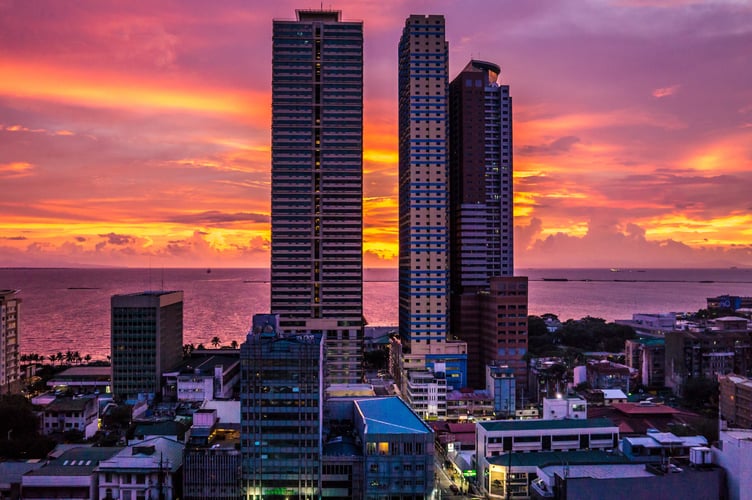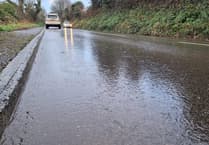A government agency’s plans to attract offshore gaming operators from the Philippines - despite concerns about alleged links to criminality - have been put on hold.
It says the matter has been deferred while it considers ‘outputs, feedback and broader risks’.
Digital Isle of Man’s chief executive Lyle Wraxall and a member of the strategic partnership team visited Manila last month to ‘explore opportunities to attract credible operators’.
In their sights were Philippine Offshore Gaming Operators (POGO), which were banned this year by President Ferdinand Marcos Jr amid concerns over alleged links to cyber-fraud, human trafficking, kidnapping, extortion and money laundering.
At Digital Isle of Man’s latest board meeting on November 7 an agenda item on Manila business development was withdrawn.
A paper on last month’s exploratory trip to the Philippine capital was merely noted.
A spokesperson for Digital Isle of Man said: ‘The initial exploratory trip to Manila was undertaken in October 2024 to assess the viability and credibility of operators in light of regulatory changes in the region, and to meet with comparative regulatory representatives to enable greater collaboration and knowledge exchange.
‘The Digital Agency board have concluded that any further decisions related to this matter will be deferred whilst they consider the outputs, feedback and broader risks associated before determining next steps. No further trips are currently planned.’
Announcing his decision to ban POGOs, President Marcos said: ‘Disguising as legitimate entities, their operations have ventured into illicit areas furthest from gaming such as financial scamming, money laundering, prostitution, human trafficking, kidnapping, brutal torture, even murder.’
Funding of £15,000 for the exploratory trip to Manila was unanimously approved at the October 3 board meeting of the executive agency.
Chairman Phil Adcock said the aim was ‘to explore opportunities to attract credible operators based in the region who will be affected by the enactment of recent changes in regulation’.
The board acknowledged securing banking services for relocating businesses remained a challenge and it noted ‘reluctance from some local businesses to collaborate with entities from certain regions, potentially limiting opportunities’.
Alleged links between POGOs and transnational crime are outlined in a report published last month by the United Nations Office on Drugs and Crime - the same report that cites the Isle of Man negatively 25 times.
Platforms targeting overseas gamblers in the Philippines were legalised in 2016.
POGO hubs were established, with the industry employing hundreds of thousands of foreigners and Filipinos at its peak.
But the UN reports says that despite being established explicitly to regulate offshore online gambling operations, the POGO system has been unable to cope with widespread criminality.
It said criminal networks had been uncovered operating under registered POGOs and had been engaged in cyber-enabled fraud, human trafficking, kidnapping, extortion, cybercrime and money laundering.

.jpg?width=209&height=140&crop=209:145,smart&quality=75)


